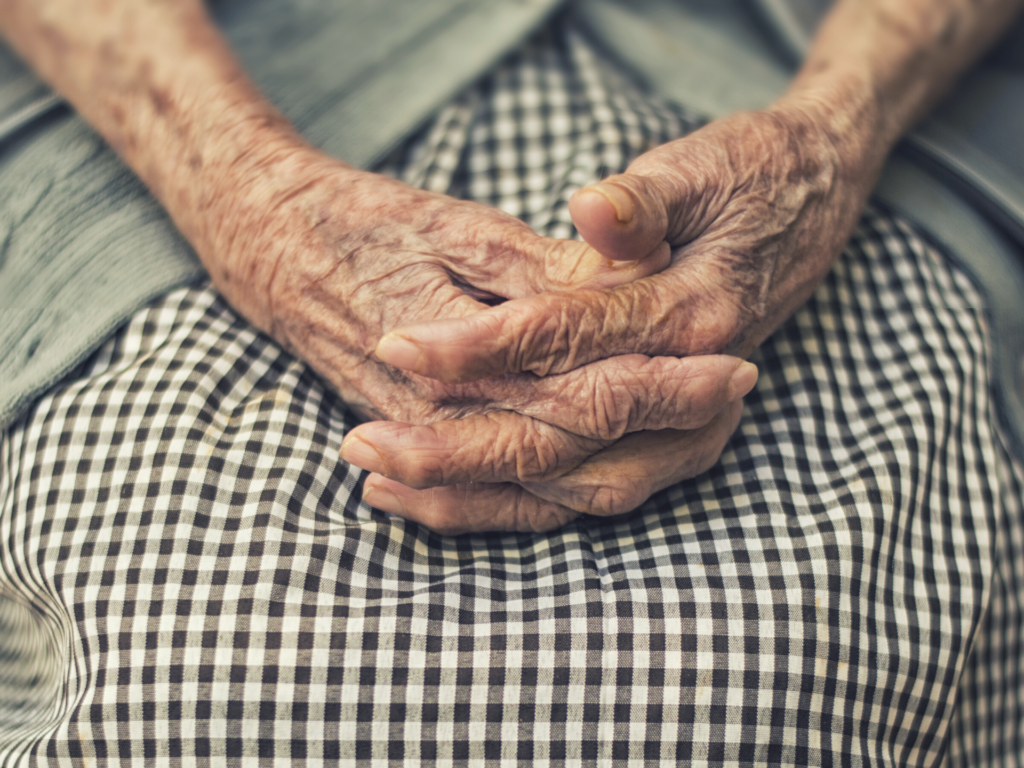Ageing in place is the preferred living choice of many seniors, and it’s not hard to understand why. For many healthy, social older people, there’s no reason they should not try and live at home for as long as possible, and the philosophy of ageing in place can be a beneficial solution. But what does “ageing in place” really mean, and how can seniors prepare for it?
What Is Ageing In Place?
Ageing in place is when a senior lives in their home or community and has the health and social services they need to live safely and independently for as long as they wish. It’s not about retiring and living in a home they have owned for decades, but rather living a mostly autonomous life in a space they control.
There are many benefits to ageing in place: an older adult can maintain independence over their surroundings, live in a familiar, comforting setting, and maintain their health and well-being for as long as possible. Experts believe that social connections, the sense of autonomy, and home comforts are the best things for seniors. But what does it truly mean to age in place – and what resources do seniors have to help them reach this goal?
What Goes Into Ageing In Place?
Ageing in place starts with a plan. For instance, a senior’s needs can change quickly, and as such, they must update their home to meet these changes. Seniors planning on this lifestyle must think about what modifications can help them remain safe while living in their current home as they age. The solutions can be small changes, such as replacing carpet with another flooring material to prevent tripping, installing handrails, and implementing emergency response systems. They could also be larger renovations, such as widening doorways so that a walker or wheelchair could make it through.
Seniors should also talk to their doctors about pre-existing medical conditions and services they may need as they age. Information can help them choose when to hire in-home caregivers and how these services can help with duties around the house. The list can include bringing someone in for light housekeeping, medical and well-being services, running out for routine errands like groceries, and performing general activities that improve their daily routines.
Finally, seniors must consider their surroundings. Age-friendly communities have an infrastructure that encourages seniors and other residents to stay active, making it easy to get out with well-maintained sidewalks, parks, benches, accessible buildings, and public transportation.
Homecare Services Make Ageing In Place Safer
The longer it goes, the harder ageing in place can become. Some older adults may find that day-to-day activities are getting more difficult and may recognize that struggling with them can affect living independently in their own homes. When coming up with a plan to age in place, they should understand that supports and services are available through caregiving services.
After living independently for so long, many people can be oblivious to the changes affecting their ability to continue. Children, concerned loved ones, and other caregivers can offer gentle suggestions about the homecare services the seniors in their life may need. Even if it’s just a visitor to give them some mental stimulation, homecare services can go a long way to helping someone maintain their independence.
Do you have a relative or other loved one who could benefit from ageing in place? Vera Home Care makes it easier for them to receive personalized care services right where they are. Our team can provide expert support to help you and your family come up with an ageing-in-place plan!

